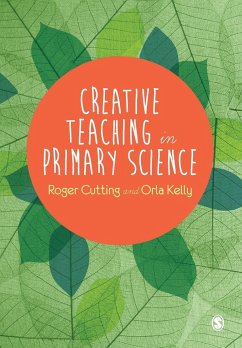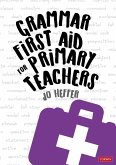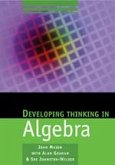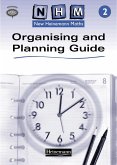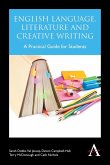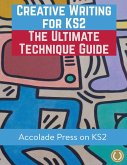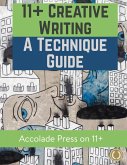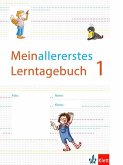Creative teaching has the potential to inspire deep learning, using inventive activities and stimulating contexts that can capture the imagination of children. This book enables you to adopt a creative approach to the methods and content of your primary science teaching practice and confidently develop as a science educator.
Key aspects of science teaching are discussed, including:
planning for teaching and learning assessing primary science cross-curricular approaches the intelligent application of technology sustainability education outdoor learning
Coverage is supported by illustrative examples, encouraging you to look at your own teaching practice, your local community and environment, your own interests and those of your children to deepen your understanding of what constitutes good science teaching in primary schools.
This is essential reading for students on primary initial teacher education courses, on both university-based (BEd, BA with QTS, PGCE) and schools-based (School Direct, SCITT) routes into teaching.
Dr Roger Cutting is an Associate Professor in Education at the Institute of Education at Plymouth University.
Orla Kelly is a Lecturer in Social, Environmental and Scientific Education in the Church of Ireland College of Education.
Key aspects of science teaching are discussed, including:
planning for teaching and learning assessing primary science cross-curricular approaches the intelligent application of technology sustainability education outdoor learning
Coverage is supported by illustrative examples, encouraging you to look at your own teaching practice, your local community and environment, your own interests and those of your children to deepen your understanding of what constitutes good science teaching in primary schools.
This is essential reading for students on primary initial teacher education courses, on both university-based (BEd, BA with QTS, PGCE) and schools-based (School Direct, SCITT) routes into teaching.
Dr Roger Cutting is an Associate Professor in Education at the Institute of Education at Plymouth University.
Orla Kelly is a Lecturer in Social, Environmental and Scientific Education in the Church of Ireland College of Education.
'This book combines argument and evidence about the importance of creativity in teaching and learning with ideas for classroom activities that go beyond the usual run of science topics. Yet these experiences are essential if we are to achieve the aims of developing thoughtful young people who care for the environment and for their own and others well-being.' Wynne Harlen

